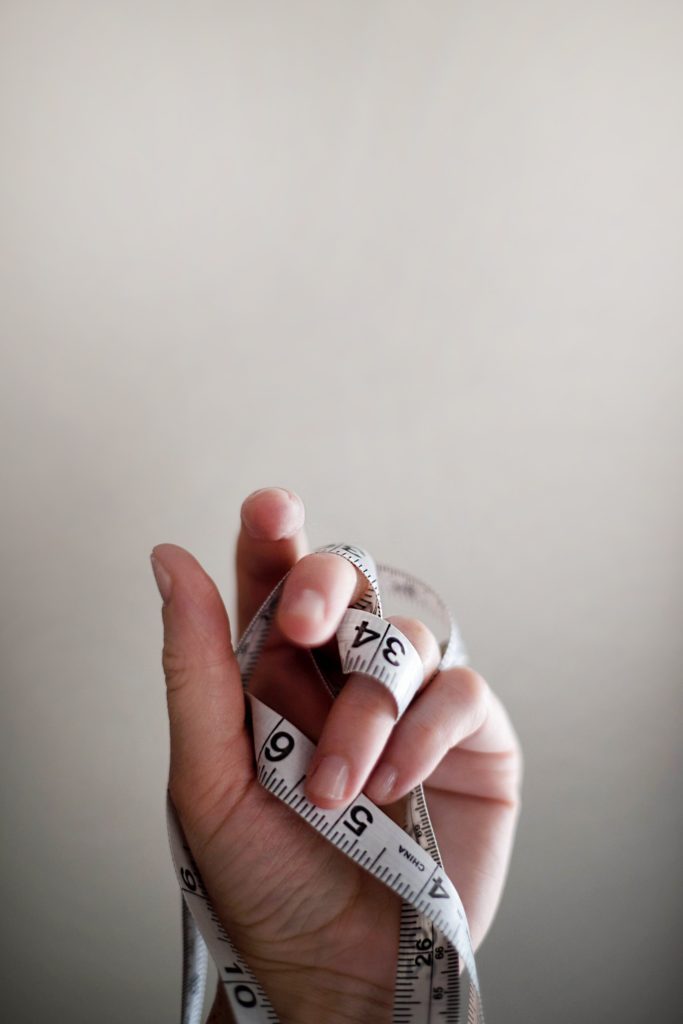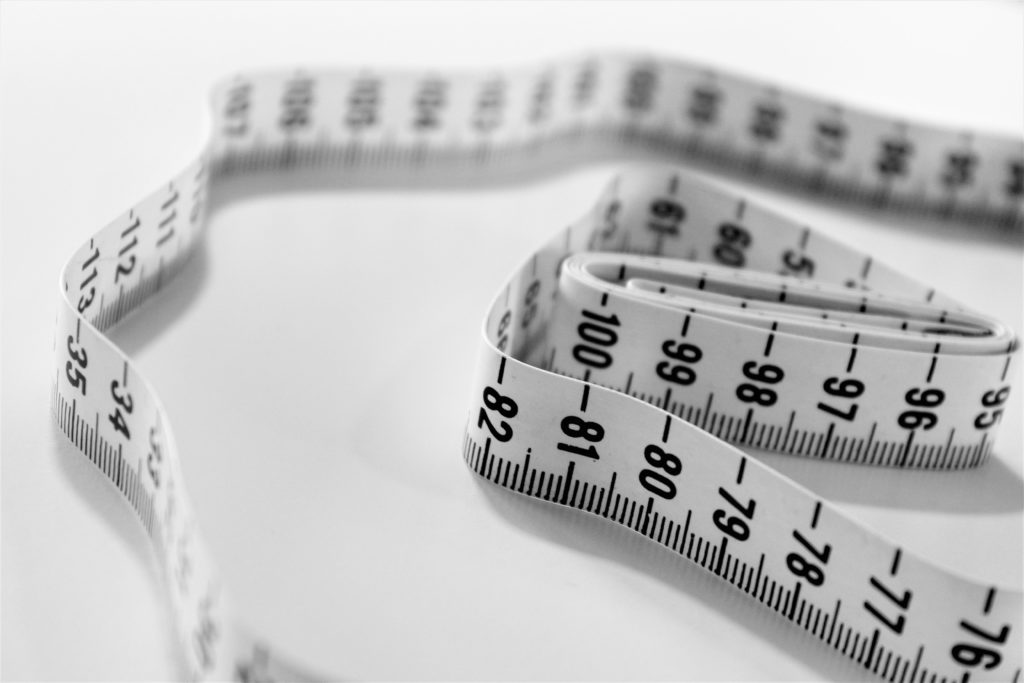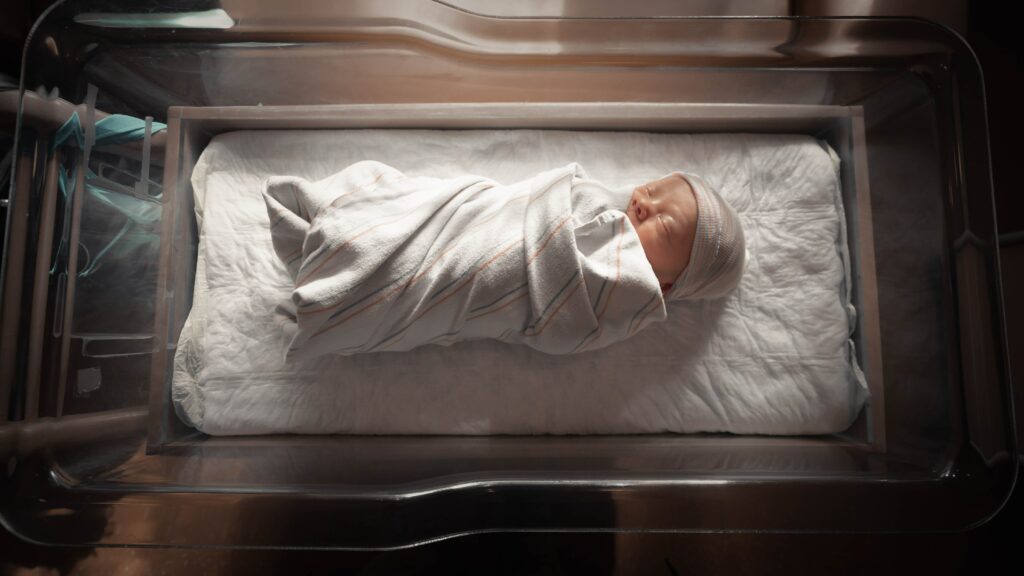Caloric Deficit and Diet Considerations

If you’ve read THIS post, you understand how to calculate your daily calorie intake to achieve your goals (lose, maintain, or gain weight).
If you’re trying to lose weight and have read THIS post, you understand the basic concept of caloric deficit, and how to execute it.
Of course, not EVERY season of life is the best time to diet – there’s a right and wrong time – and if you read THIS post, you most likely agree because the reality is, dieting is really hard.
But before you buckle down and get ready to start, you’ve got to have a clear and HONEST picture of where you’ve BEEN before planning your path forward.
The below is your pre-dieting and diet toolkit.
Dieting Considerations for Dieting Success
Clear Your Mind of Diet Culture
First, take a deep inhale. As you flood your lungs and body with oxygen, think about EVERY arbitrary and false statement you come to know as gospel for what dieting SHOULD look like:
- 1200 calories MAX
- 125 is the ultimate goal weight
- The less you eat, the better
- Some foods are good, and some are bad
- Avoid cheating at all costs
- The more you struggle, the better off you’ll be
- Food should be tasteless
- There’s no room for error
- Any method less than strict, rigorous restriction will NOT work
At the top of your breath, hold it. And close your eyes. Exhale, and let all of that shit go.
As you exhale, release your fingers tips…and that white knuckle grip you’ve been holding on to our fahked up diet culture for what probably feels like your whole GD life.
Damn, that feels fahkin good. Repeat until you feel a weight lift off your shoulders.
Do the MATH and Understand Your Deficit
Regardless of your method or protocol, a caloric deficit is REQUIRED for weight loss. If your deficit is 1800 calories, and you’re consuming 2,000 calories of chicken breast, broccoli, egg whites, and lettuce, you will STILL be over your budget, regardless of how clean you eat, and you will not lose weight. If you don’t believe that, I don’t know what to tell you. It’s irrefutable.
The formula in THIS post provides a basis to begin your weight loss journey. No formula is perfect. Therefore it’s helpful to have a caloric range to base your trial and error – which is precisely what dieting is. A process of trial and error to see what sticks.
IMPORTANT: Do not be discouraged by the nature of the beast, it’s a game you can learn to play, and a game you can play to win. Flip the script and change your mindset. It’s so empowering to arm yourself with the knowledge to manipulate and change your body, however, and whenever you want.
Reframe how you view your deficit
When you’re calculating your deficit – GO HIGH. START HIGH. And if need be, work your way down.
For example, if you’re goal is to lose weight, and your current weight is 140lbs, your caloric range is 1400-1820.
If you can eat 1820 calories while losing weight, WHY WOULDN’T YOU? If you could eat 1820 calories, why would you EVER only eat 1400?
IDK, some people aren’t in love with food, but I am. And if I can eat more, I’m going to. If I’m tracking, I’m eating every last calorie. The amount of time I spend nodding my head while biting my tongue as clients or followers ARGUE with me that they can’t possibly eat “that much” or are “afraid to eat that much” blows my mind. If this is you, please revisit the first section. Let. It. Go. Trust me.
This is the good life, honey.
Why a Moderate Deficit is the Best Deficit: Diet Slowly
Extreme dieting is NOT helpful. Yes, you may lose weight quickly, but it’s not sustainable, and that’s a fact. Here are some universal truths.
- The lower your caloric intake, the less energy you provide your body
- The less energy you consume, the less energy you have to do anything from workout to go about your day
- The fewer calories you consume, the more severe the deficit
- When you lose weight quickly, you’re likely to put weight back on quickly
- When you’re living in a severe deficit, you’re more prone to binge and yo-yo behavior
- A deficit has nowhere to go but UP. When you increase your deficit you decrease your caloric intake. So if you start low you have to continue to go LOWER when you experience metabolic adaptation or plateau*
*More to come on this topic, The Life Cycle of a Diet.**
**Note to self: Write more on this topic. LOL
Pre-Work Makes the Dream Work: PREPARE for your Diet
When you want to diet, it’s natural to have a fire under your ass and to want to dive in right away, but it behooves you to lay your foundation, and that takes time. So get out of your head, and into the science of what it actually takes to diet.
Actually – can we stop for a second and reread that? Dieting is a SCIENCE and if the PDF you bought for $29.99 with a cookie-cutter meal plan doesn’t fully explain that…IDK…
ANYWAY….
If you have been eating 1200 calories for God knows how long, and calculate a deficit of 1820, and start eating as such, you may GAIN weight! That weight will have a natural setpoint, meaning that it will most likely be nominal, and you won’t continue to gain. But nevertheless, an upward trend on a scale will be jarring and can be convincing that your numbers don’t work. Then you’ll want to quit, go back to your old habits.
Conversely, if you’ve been eating 3200 calories, and your deficit is 1820, and start eating as such, you will be miserable. Such a severe decrease in behavior will naturally cause restriction and deprivation and will lead to burnout, and most likely, binging. It’s not sustainable and can lead to yo-yo’ ing behavior. Then you’ll want to quit, go back to your old habits.
How do you decide where to start?
Take FIVE DAYS to understand your current situation. Eat as you would without editing your behavior, so you have an accurate depiction of habits. Track your intake and ensure accuracy by weighing your food and tracking it in a calorie counting app.
IF YOU ARE OVEREATING, start where you currently are, and decrease caloric intake by 100-200 calories per week until you get to your calculated deficit. Start on the high end. Once you reach your deficit the real work will begin, but your body will acclimate along the way instead of being shocked.
IF YOU ARE SEVERELY UNDER EATING, consider slowly reverse dieting to get yourself to your balance. The gap will depend on how long this process will take. Regardless, it’s worth it. It will depend on more factors than this article can cover on how long you spend at each increase, but industry standards suggest dieting up by 10% of your caloric budget every two weeks. This slow and steady increase will show you can actually eat more without gaining weight. Bravo.
Both will be a process. BOTH WILL HELP YOU ACHIEVE YOUR GOALS.
Execute
When you’re ready to implement your diet set your plan and then stick to it. Dieting requires faith and trust. You have to condition yourself to maintain adherence without validation. You have to find it from within yourself to continue to execute a plan even if you don’t see results right away. Here are some universal truths:
- Any downward trend over time (think weeks not days) is good progress
- Slow progress is good progress; think, “I’m only losing one pound per week!” That’s usually a cry of frustration. But I’m here to tell you THAT IS LITERALLY THE BEST CASE SCENARIO
- The scale will fluctuate due to factors external to fat gain or loss
- One week is not enough time to judge if a diet is working
- Two weeks is not enough time to decide if a diet is working
- There is no timeline for weight loss or implementing a deficit. So don’t ask, “How long should I be in a deficit?” It will depend on YOU.
Weight loss and fat loss takes months and years. Do the work, don’t get distracted, trust your process, and reap the benefits.
Align your expectations with reality
The longer you’ve been dieting, the leaner you are, or the more experienced you are with diet and exercise, the harder it will be for you to lose weight. So if you’re expecting the pounds to melt off of you, you’re in for a bumpy ride.
If you’re brand new to this process, you have the potential to experience rapid results, which will inevitably plateau. By the way, plateaus are NOT bad. Plateaus mean what you were doing WORKED, and now you’re ready for what’s next!
If you weigh yourself (and if you are, you should be doing so EVERY DAY), your AVERAGE weight should show a DOWNWARD trend from week to week. If this is you, “On Monday I weighed 138lbs, and now on Friday I weight 139.3, this isn’t working) your thought process is flawed. Your average weight from Week 1, to 2, to 3, to 4 should decrease SLOWLY, and that should be your focus. Not the day-to-day. There are SO many factors that impact scale weight other than fat loss or gain, so you have to see the big picture.
Losing anywhere from .5-1.5lbs per week is TREMENDOUS progress. So pat yourself on the back instead of thinking slow progress is no progress. TYSM.
Evaluate
As mentioned, start your deficit on the HIGH end, the more conservative you are, the less restricted you feel, and the more likely you will be to maintain adherence. If you find you’re not losing weight after TWO WEEKS of perfect adherence, then you should adjust. Drop your calorie 200-300 and continue your evaluation process.
No formula is perfect, so it’s on you to do some work to figure out where your intake naturally sits – but that means you’ve gotta work, bish. If you’re not weighing or tracking your food and you’re dismissing bites, licks, tastes, nibbles, pieces, etc. of food you are UNDERESTIMATING your consumption. The process isn’t broken; your math is.
Dieting requires a level of honesty and accountability, and if you’re trying to cheat the system, you’re going to lose. Brene Brown is the author of a compelling quote, “The body keeps score, and it always wins.” If you’re not honest with your behavior, dieting will be so much harder than it already is.
If your goal is to lose weight and you’re losing weight, there is NO need to change anything. Have you ever heard the phrase, if it ain’t broke, don’t fix it?! Yah. That applies here. If you find your progress has stalled over two to three weeks and you’re sure you’re maintaining adherence, then decrease your deficit again, 150-300 calories at a time to troubleshoot.
PS. This is why you want to start as high as possible when you have to drop; you’re going to feel it. The goal is always to eat as much as possible, not as little. Ya dig?
In Conclusion
Fat loss. Weight loss. Body Recomposition is HARD. And guess what? It’s supposed to be. It’s a long and arduous process that requires so much time and energy.
The good news? If you like the way you eat, and you like the way you train, the process will be ENJOYABLE. Maybe not every second of every day, but you will actually learn to love it because not only will you achieve the results you’re looking for, but you’ll understand WHY and HOW. And that is so fahking satisfying.







Hello
I was googling for content about calorie-deficit-diet When I came across your excellent resource page.
I just wanted to say that your page helped me, I would have found the excellent resource.
Here it is in case you’d like to check it out https://www.elnodiacademy.com/calorie-deficit-diet
Also, my guide might make a nice addition to your page.
Either way, thanks for putting together your list of resources. Have a great day.